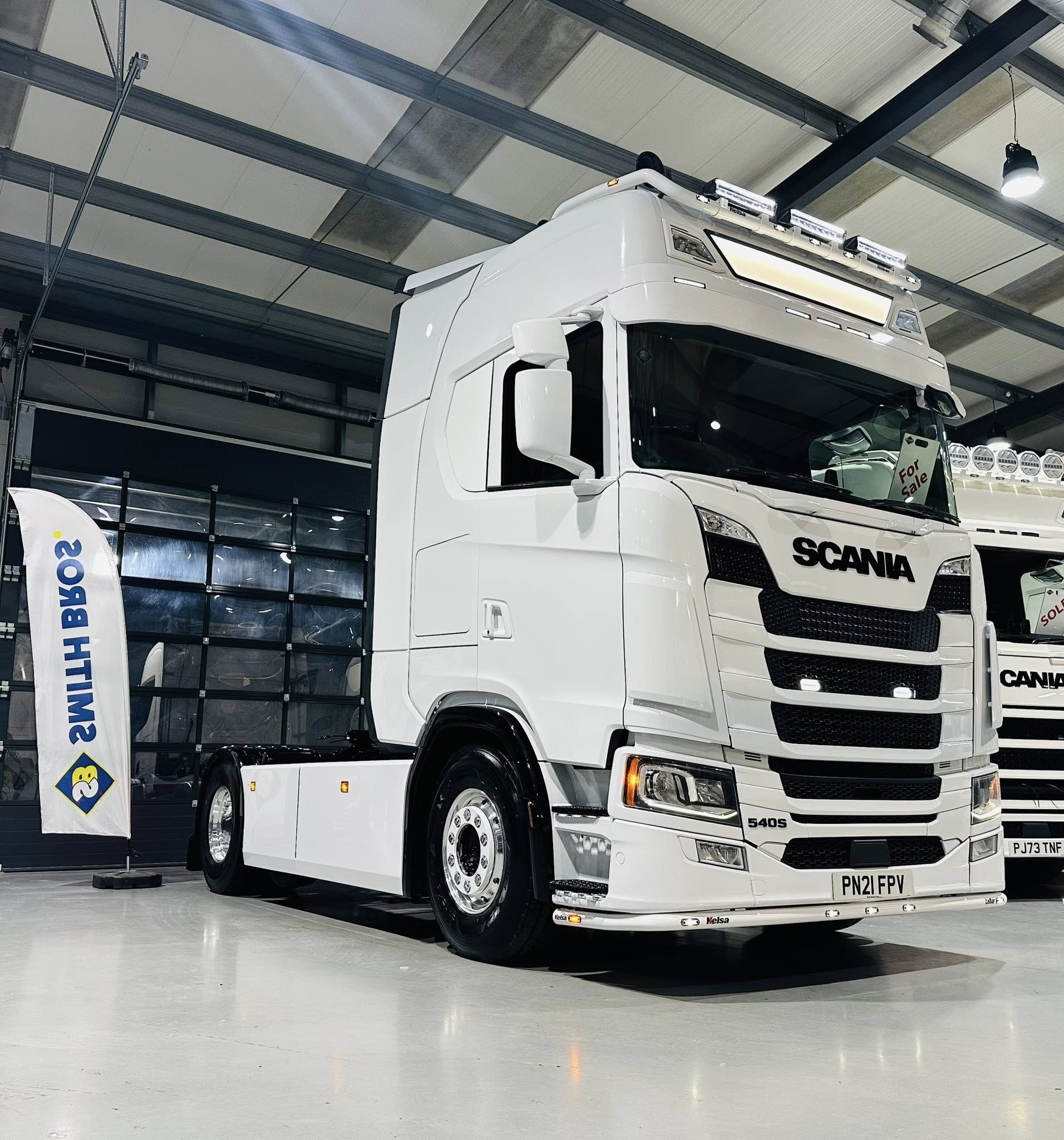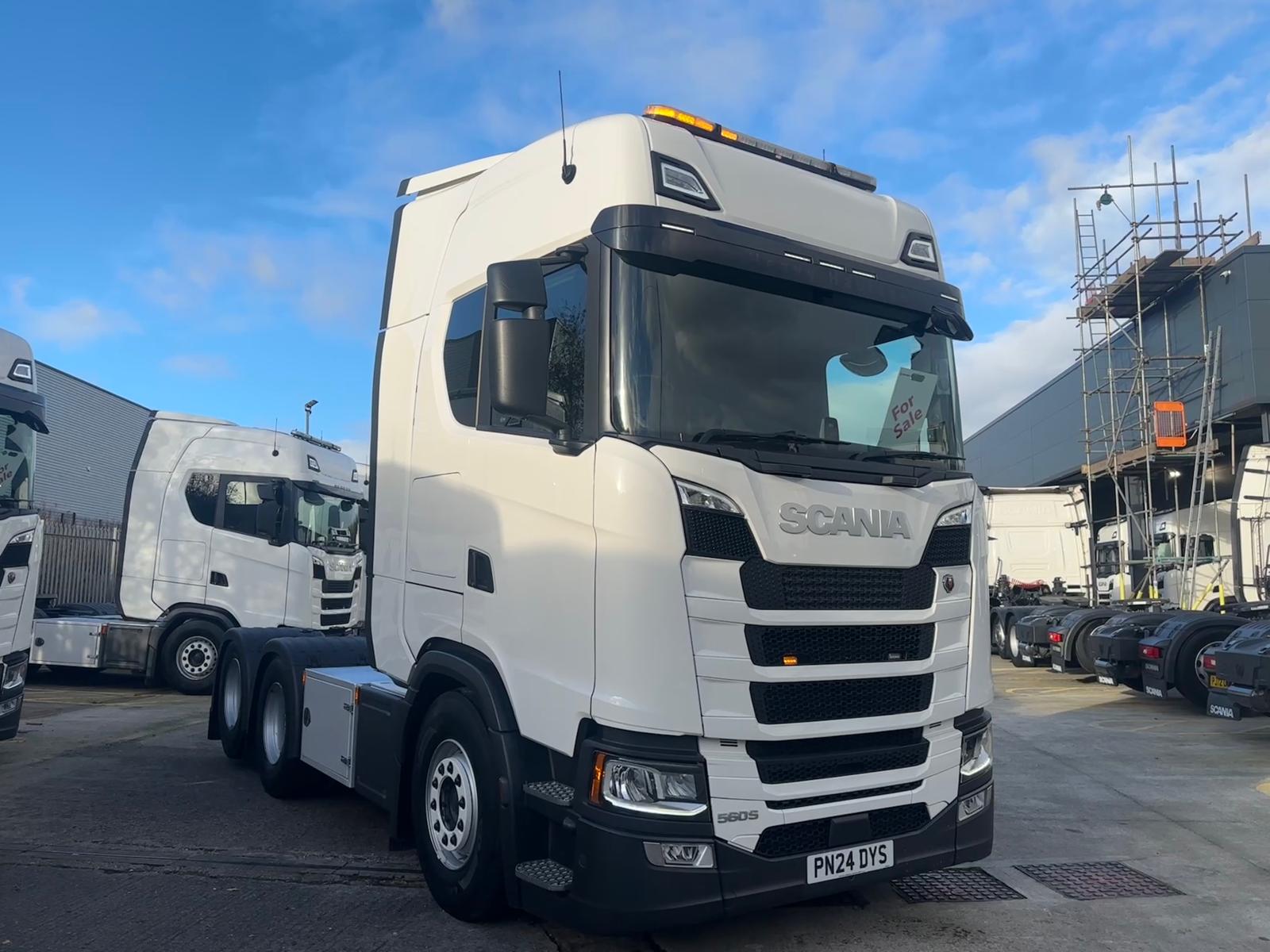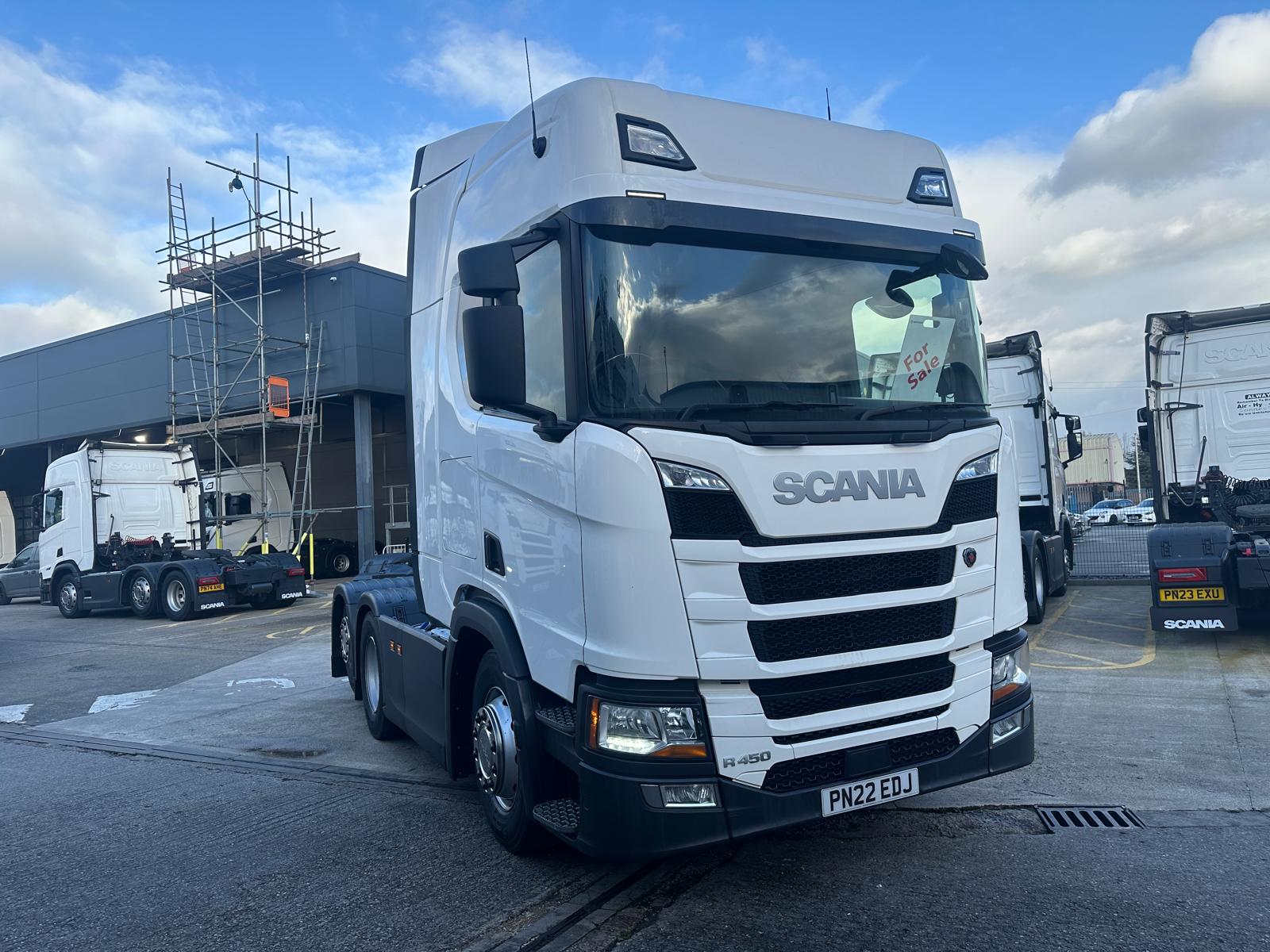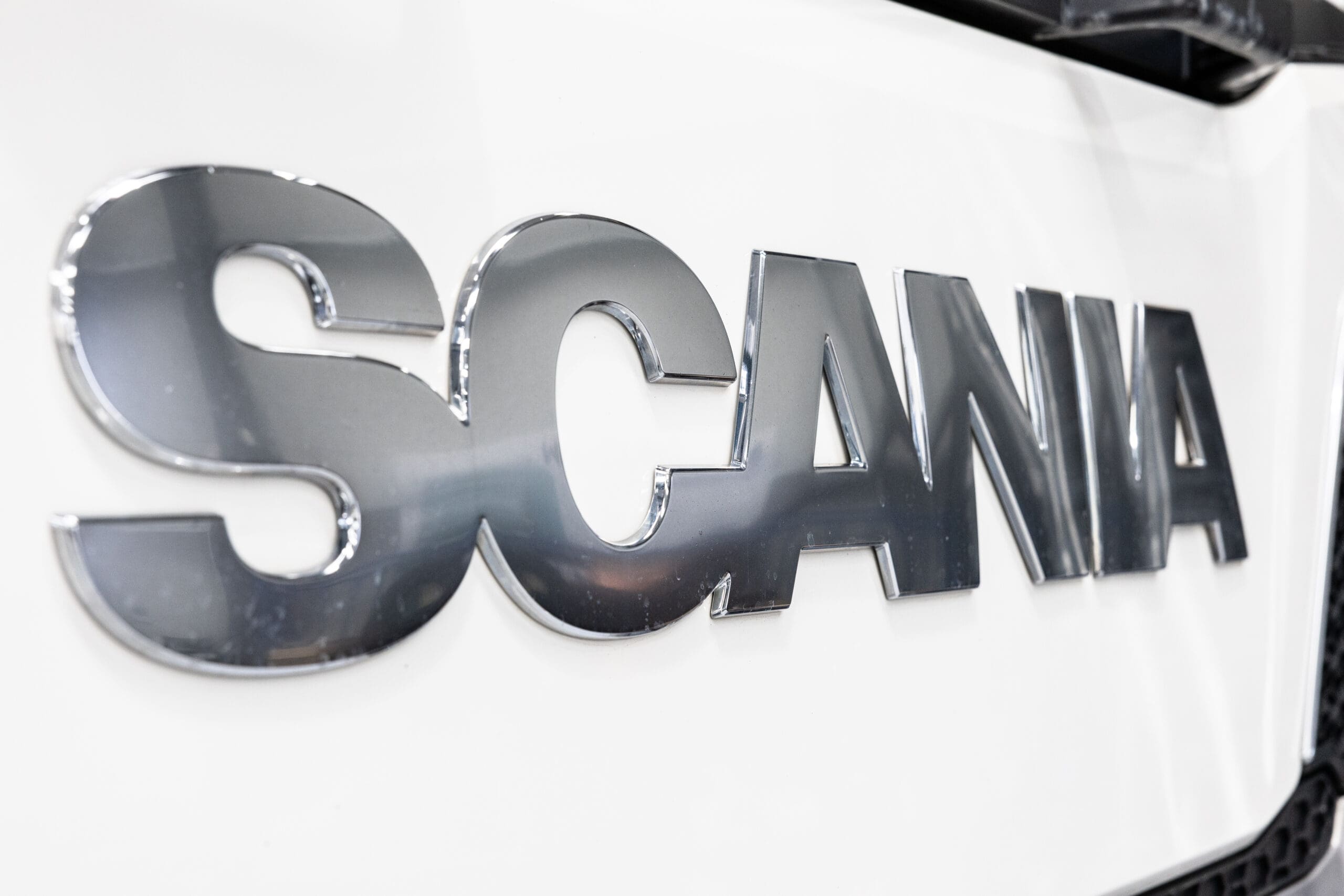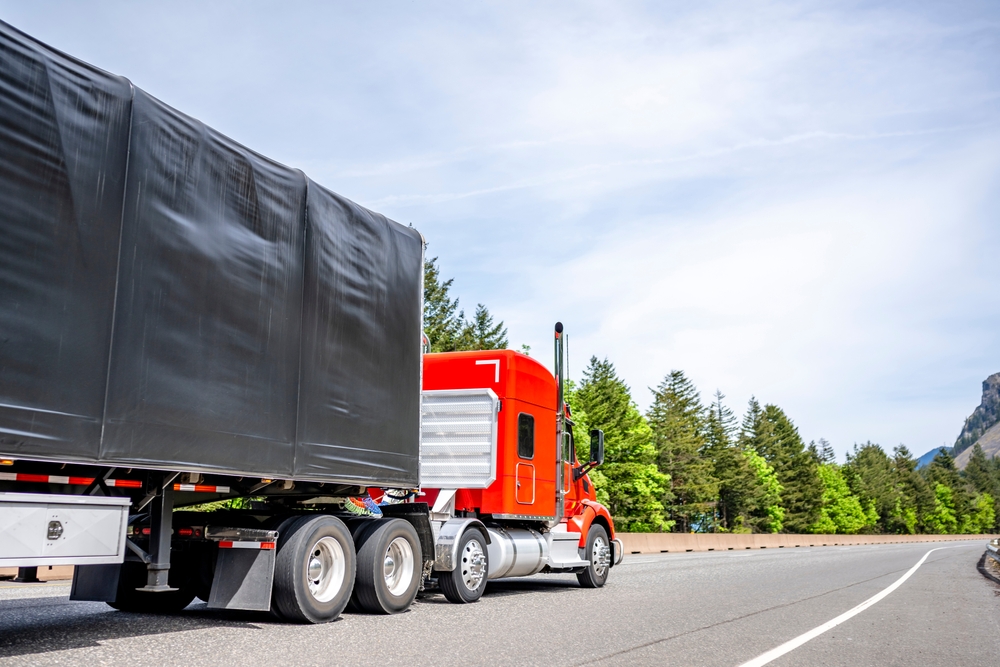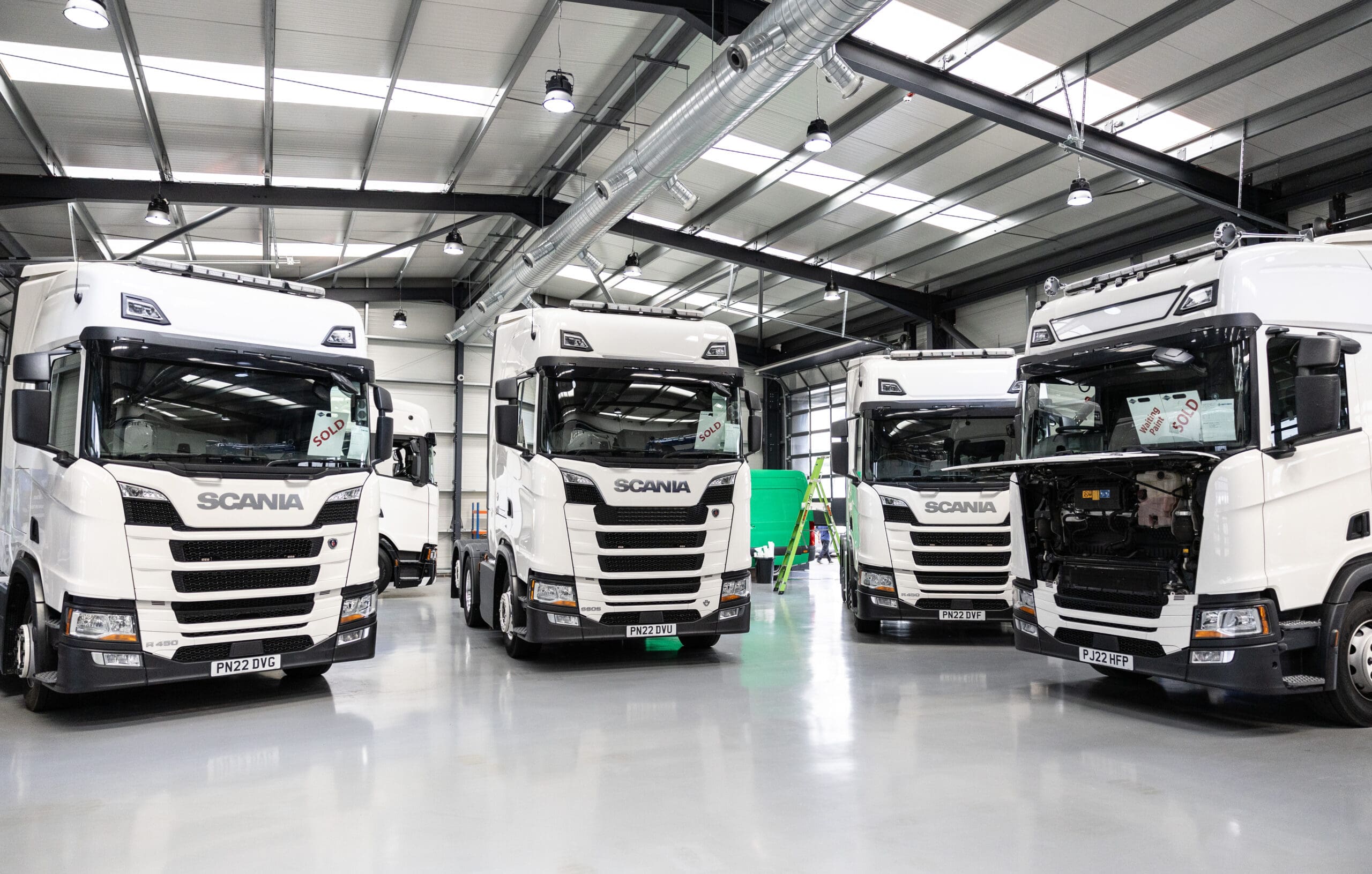Technological upheaval is causing a rapid transformation of countless industries across the world, thanks to the emergence of new innovations. Such goes for the trucking industry, too, with electric vehicles due to become the norm in the coming years due to their eco-friendly properties and improved fuel efficiency. But, exactly what are the full pros and cons of electric trucks? This blog will cover everything you need to know.
Experts in the industry, at Smith Bros, we are well-positioned to give you insight into coming innovations and can even help your business prepare. Looking for used trucks for sale in the UK? We can certainly help you out, offering quality used trucks for all your haulage needs, including everything from tractor units to crane trucks.
But before you explore our collection, let’s get into the pros and cons of electric trucks and discover how their constant evolution may forever change the industry.
How do electric trucks work?
Let’s start by getting a solid understanding of how electric trucks actually work. There may be slight differences in how each manufacturer goes about constructing their electric vehicle (EV), but Scania’s range of electric trucks can be explained in just a few steps.
- Battery: It starts with the large battery packs made by lithium nickel manganese cobalt oxide cells (NMC).
- Electric Motor: A power inverter or converter transforms direct current (DC) electricity from the battery into alternating current (AC) to power the motor.
- Gearbox: Electric cars only need a single-speed transmission, but trucks require multiple gears to deliver torque and power to the wheels.
- Propeller shaft: Power from the motor is sent to the wheels via the propeller shaft through a differential and axles.
- Wheels: Power is transferred to the wheels for quick acceleration.
- Regenerative braking: Innovative features like regenerative braking allow the electric motor to work in reverse when braking or coasting, meaning kinetic energy can be converted back to electrical energy and sent to the battery.
The benefits of electric trucks
Some people may be sceptical about electric trucks, after all, how can they provide the same power needed for long-distance haulage? But EVs have come a long way since their inception into the public consciousness with Tesla in 2008. Now, they are complex systems that are capable of matching and even outperforming traditional vehicles in several areas.
Cheaper to run and maintain
Electric trucks could be far cheaper to run than petrol or diesel alternatives, particularly once the infrastructure becomes more commonplace. Generally speaking, electricity per mile is far cheaper than the cost of traditional fuel per mile, particularly if you have the charging infrastructure installed at your business, meaning you can take advantage of cheaper off-peak rates when charging.
EVs also have far fewer moving parts than traditional engines, with no exhaust system or fuel injectors, to name just two components. As a result, an EV vehicle generally doesn’t need as much maintenance attention, meaning less expenditure for you in the long run.
More energy efficient
Speaking of cutting costs, electric vehicles are also more fuel efficient than traditional alternatives, meaning you won’t have to spend as much money on refills. EVs can convert far more of their stored energy into motion, particularly when regenerative braking, like that available in Scania’s EV truck range. Needing less energy to operate, electric lorries don’t consume as much of your costs as a diesel or petrol engine.
Take advantage of legal incentives
Not only is charging your electric truck cheaper than filling up with traditional fuel, but you can even claim back the VAT on energy used for charging if used for business purposes. In addition, the government also offers an electric vehicle infrastructure grant for staff and fleets, making the installation of charging points far cheaper. If that’s not enough, by forming an EV fleet, you can make yourself exempt from inner-city congestion charges.
Fewer greenhouse gas emissions
Perhaps the most clear benefit of electric trucks is that they don’t produce any tailpipe emissions, unlike traditional vehicles. This helps to lower greenhouse gas emissions and improve general air pollution. You can maximise the eco-friendly nature of your driving by making sure that the electricity that powers your trucks comes from renewable energy sources, too, such as wind or solar power.
Future-proof your fleet management strategy
The government has stated that it’s committed to ending the sale of new cars powered by combustion engines by 2030, with the aim of making all new HGVs sold zero-emission by 2040. With this change being seemingly inevitable, starting the transition now will allow you ample time to create a strategy of evolution for your company, improving your brand image in the process.
Need help optimising your fleet? Contact Smith Bros today, and we can lend a helping hand.
The negatives of electric trucks
Before making a decision on the future of how your business operates, it’s important to consider all the pros and cons of electric trucks. Although electric trucks have plenty of promising positives, some negatives still linger in the industry, preventing businesses from fully committing to a purchase.
Limited range
This might be the most well-known drawback of current electric trucks, with the power needed for haulage meaning that a battery will quickly run dry and require charging once more. Until this improves, this will mean scheduling difficulties for fleet managers, with recharging taking precious time. But, according to Scania, great strides have already been made in this area, with their electric truck being capable of travelling 400km without a recharge.
Charging times and infrastructure
Speaking of battery capacity, the larger it is, the longer it takes to recharge. In general, electric trucks take approximately one hour to fully recharge from empty, with that accumulation of wasted time having a severe dent on a company’s budget. If a business were to invest in electric vehicles, extensive charging ports would have to be installed, but this wouldn’t address the lack of infrastructure for EV charging across the country.
Weight Restrictions
The battery packs required to power an electric truck are large and bulky, having a considerable impact on the total weight of the vehicle. In turn, this impacts how much payload your truck can carry, with the battery taking up valuable space. Batteries will become lighter and lighter as the industry innovates, but in their current state, they pose several challenges to fleet managers.
Hidden costs
In the positives section, we discussed how electric trucks are cheaper to run than traditional alternatives, and while this is true, there are plenty of hidden costs that make them a financial concern. First of all, EV trucks have a more expensive initial purchase price thanks to the specialised size of the battery, making the creation of a full electric fleet a very pricey task. But, on top of this, electric vehicles are generally more expensive to insure, and that’s not even considering the infrastructure changes that your business would need to install.
Limited Choice
The electric truck market is not yet as competitive as the car market. This means that there is a far more limited choice for businesses to choose from in comparison to petrol/diesel vehicles. Therefore, if you’re looking for a specialist flatbed truck or a tipper, you’re better off shopping for vehicles with traditional combustion engines until the technology in the EV sector has caught up.
Looking for a simple way to consider the pros and cons of electric trucks? Just take a look at our handy table below.
| Electric Trucks | Internal combustion engine truck | |
| Weight | Generally heavier thanks to a large battery and building materials. | Generally lighter thanks to the lack of heavy parts. |
| Cost | Lower running costs but bigger upfront payment | Higher maintenance and fuel costs, but lower upfront payment |
| Range | Shorter range with a lack of recharging infrastructure. | Longer range with extensive refuelling infrastructure. |
| Charging Time | Ranging from one hour to several. | Refuelling takes minutes. |
| Carbon Footprint | No tailpipe emissions. Further lowered by the use of renewable energy. Future-proof your haulage company. | High CO2 emissions. The sale of internal combustion engine trucks to be phased out by 2040. |
| Energy Efficiency | Far more energy efficient – can convert far more of their stored energy into motion. | Less energy efficient – energy is lost in heat and exhaust gases. |
What electric trucks are currently available in the UK?
Although the technology for electric trucks is still in its relative infancy, there are a number of companies that are already offering solutions for consumers. We’ve already talked about Scania’s EV truck range, but Volvo also has an impressive collection of electric vehicles, offering tractor units, low-entry HGVs and compact vehicles that are perfect for inner-city delivery.
In addition, Mercedes-Benz also offers the impressive eActros range, with the ‘600’ model winning International Truck of the Year 2025. Utilising cutting-edge technology, the company claims that the vehicle can cover a range of 500 km without recharging, calming any anxiety in this area. Lastly, even Tesla has put their hat in the ring regarding electric trucks, with their own futuristic-looking version having an impressive 2kWh per mile energy consumption claim, even if it’s not currently for sale in the UK as of May 2025.
While your business prepares for the transition to electric trucks, HGVs using traditional engines will remain essential, with Smith Bros here for you to fulfil your haulage needs. Alongside our impressive range of used trucks for sale, we can offer painting and wrapping services so that you can create a uniform fleet, and we can even create a custom truck for you from scratch.
No matter what you need, at Smith Bros, we can assist you in your mission to optimise your operations.
